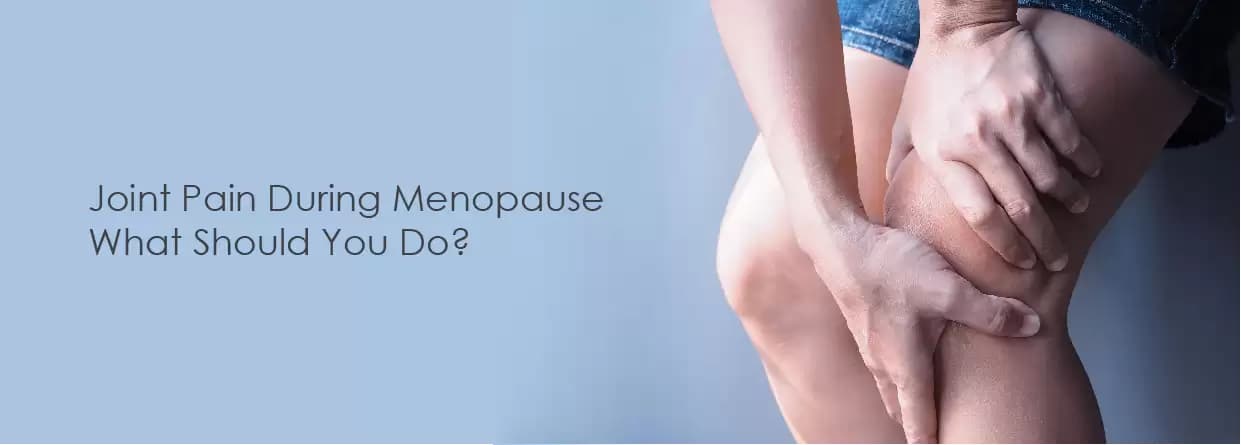
As per our best orthopedic doctor in Kolkata, many women suffering from menopausal arthritis tend to ignore the symptoms of the same.
Menopause occurs when you stop having periods and are unable to conceive. A lack of hormones in the body can result in a number of symptoms. Menopause is characterized by body aches and joint aches, as well as an increase in arthritic symptoms. All of the joints in the body can be impacted. As per our best orthopedic doctor in Kolkata, many women suffering from menopausal arthritis tend to ignore the symptoms of the same.
Here we’ve discussed in brief the relationship between joint aches and menopause.
Though the specific cause-and-effect relationship between menopause and joint pain has yet to be determined, there is evidence that there is one. Pain, swelling, and inflammation in the joints are frequent symptoms of osteoarthritis (OA), which is caused by the breakdown of protective tissue between bones. Because OA disproportionately affects women in menopause, hormone changes are thought to contribute to arthritis symptoms. Aside from hormones, excess weight, a sedentary lifestyle, dehydration, poor diet, smoking, and stress can all cause or worsen joint pain.
Because estrogen is a natural anti-inflammatory, it's possible that when it fluctuates, inflammation becomes more common. Furthermore, estrogen affects fluid levels throughout the body, so if your skin is drier and less elastic, your joint tissue may be as well.
The following are the signs to check for, according to orthopedic experts in Jaipur:
You have a painful joint and some redness around the swelling.
You've been hurt and suspect you've broken a bone; you have a high or low temperature and feel very unwell or dizzy; you have a quick heart rate or rapid breathing:
Some research suggests that hormone therapy may help with both menopause and RA (rheumatoid arthritis), whereas other information suggests that it may not.
Hormone replacement therapy has both beneficial and negative impacts on RA symptoms. They state that more research is needed before drawing any conclusions about this therapy option and its relationship to RA.
You can take actions to control both menopausal and RA symptoms. Treatments for menopause may also help with RA symptoms in some people, although this isn't always the case.
Treatments for menopause frequently comprise one or more of the following:
Other measures you might take to manage menopausal symptoms along with menopausal arthritis pain include:
Apart from the above mentioned ways, losing a few pounds, and managing your stress level through yoga and meditation can help you a lot.
If you or your loved ones are experiencing menopausal arthritis along with other menopausal symptoms, you can consult our top orthopedic doctors in Kolkata. They will accompany you on your road to recovery.
Written and Verified by:
-(1).webp&w=256&q=75)
Dr. Manjari Chatterjee is a Consultant Obstetrician & Gynaecologist Dept. at CMRI, Kolkata with over 15 years of experience. She specializes in high-risk obstetrics, infertility procedures, and complex gynaecology including IVF, fibroid & ovary surgeries.
Similar Obstetrics and Gynaecology Blogs
Book Your Appointment TODAY
© 2024 CMRI Kolkata. All Rights Reserved.